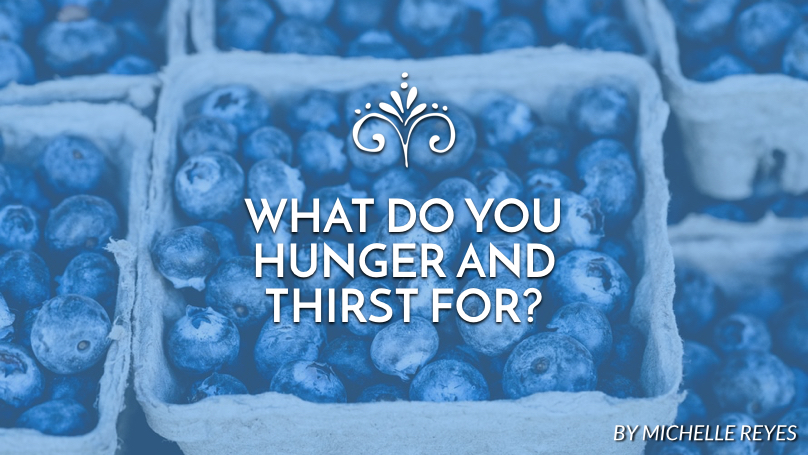This blog by Michael Kelly was posted on my last birthday. I read and reread this piece. Michael described something I had experienced but could not clearly articulate. There is a cycle of knowing God more deeply while also seeing ourselves more clearly and it is delicate balance. And in that process the glory of His grace to us becomes more clear and our hearts are more tender, aware of our realities, yet without hopelessness. The result- “Praise to the glory of His grace which He made us accepted in the Beloved” (Ephesians 1:19).
John Calvin wrote in the beginning of The Institutes of the Christian Religion these words in regard to knowledge of God and knowledge of self:
“Our wisdom, in so far as it ought to be deemed true and solid Wisdom, consists almost entirely of two parts: the knowledge of God and of ourselves. But as these are connected together by many ties, it is not easy to determine which of the two precedes and gives birth to the other.”
I’ve found this experience to be true; self-awareness and God-awareness are linked together. That’s not to say, however, they are the same thing. God and humanity are different from each other, and the pathway to God is NOT found through exploring oneself. At the same time, the link is strong. As one begins to plumb the depths of who God is they inevitably have the same experience as Isaiah in Isaiah 6. In the light of the knowledge of God we are forced to recognize the true depth of our own depravity. And as we see ourselves in light of Him, we are again forced to reflect on who He is as He is different than we are. And so the circle goes. As we know more and more of God, we also become more and more aware of ourselves. And as we become more and more aware of ourselves, we look increasingly at the character of God. Self-awareness is a good thing, then, for all kinds of reasons. For one thing, it forces us to recognize in our faults that God exists apart from those faults. For example, we might find ourselves a desire for justice to be done in the world, and yet through our increasing self-awareness recognize that we want this justice to be done to others at the exclusion of ourselves. It’s good for everyone else to be held accountable, just not ourselves. But God is not like that. Another reason why self-awareness is a good thing is because of the effect on our relationships with others. We can be more sympathetic and compassionate toward others when we recognize the same characteristic at play in our own lives. But this self-awareness is not an end in itself; it can’t be, or otherwise we become people who live for no other reason than knowing ourselves. We become our own God; we are the object of our pursuits. This, unfortunately, is the unintended result of our emphasis on “authenticity” and “community.” We become people who justify our sin and our shortcomings because they are known and acknowledged and shared with others. We no longer feel conviction about this stuff in our lives that has yet to be fully claimed by the gospel because our struggles are common and even understandable. Like all other parts of our lives, there is a certain kind of maturity to our self-awareness that happens as we grow in Christ. The maturing of our self-awareness is, ironically, self-forgetfulness. This in the end is what true humility is made of. Here, too, we have some confusion, because we tend to think that humility means thinking we are worthless. It means the deflection of compliments and a refusal to accept that we might be good at doing a particular thing. Instead of simply saying “thank you” when someone offers us a word of encouragement, we brush it off all the while longing in our souls that someone else will pick up the compliment and continue the conversation on our behalf. Or that by our deflection, we will actually intensify the admiration of another so that they think not only we are good at a particular thing, but that we are also really good at being humble. Messed up, right? Right. Part of self-awareness is knowing that we are, in fact, good at things. But the other side of that coin is being aware that even when we are doing something that seems to be pretty selfless in the moment, our motives are tainted with vain conceit and self-indulgence. We serve, but we want to be acknowledged for our service. We pray and study but we want others to recognize how much we’ve done. We give but we feel slighted when we aren’t recognized for what we’ve done. This is where the maturing of our self-awareness come in. By God’s grace, hopefully we are moving in the direction where we know ourselves more and yet think of ourselves less. That’s because more and more we find our gaze fixed first on God, second on others, and we see ourselves in relation to how we might serve them both. The profitable question for us, then, might not be whether we know ourselves better and better; maybe it’s where that self-knowledge is taking us. Is it taking us down the road of self-justification and indulgence, or is it taking us into that blessed realm of self-forgetfulness?
Michael Kelley is the Director of Discipleship at LifeWay, and author of Boring: Finding an Extraordinary God in an Ordinary Life, and Wednesday Were Pretty Normal
Published March 24, 2016



